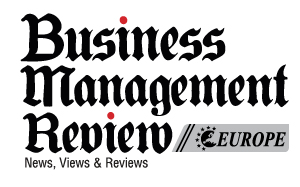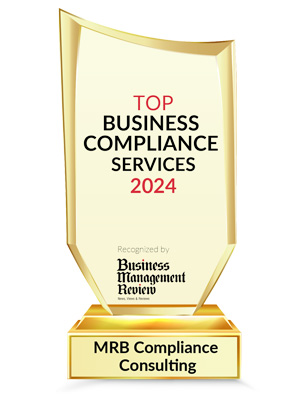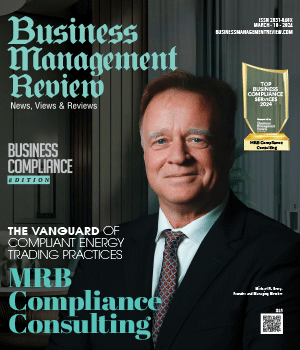Thank you for Subscribing to Business Management Review Weekly Brief
I agree We use cookies on this website to enhance your user experience. By clicking any link on this page you are giving your consent for us to set cookies. More info
Business Management Review: Speials Magazine
The energy industry represents a critical component of national security for every country. Given the inherent complexities in energy trading, such as fluctuating supply and demand along with logistical considerations all affecting price formation, governments have implemented stringent regulatory measures for all market participants. Now that the U.S. is a major energy exporter, compliance with a myriad of regulations ensuring a fair, transparent and stable marketplace is critical. Complicating matters further is President Biden’s recent Executive Order suspending Liquified Natural Gas (LNG) certifications.
Trusted Compliance Partner
Clarus Partners specializes in helping organizations navigate the intricacies of sales and use tax compliance. It brings to the table a unique blend of industry know-how and consulting expertise for sales and use tax compliance.
Mitigating Non-Compliance
Certrec is a software and services provider with regulatory compliance as its core competency and it leverages innovative technology solutions to help clients lower the chances of incurring fines (NERC, NRC) and preempt the possibilities of damage to their organizational and team reputation.
CXO INSIGHTS

Business Success Through Compliance
Federica Rebagliati, Sr. Compliance Manager, International, Exact Sciences

Index Investing Is Not Just About Being Passive Anymore
Kevin Gleason, Vice President and Chief Compliance Officer, New York Life Investments

Compliance And It: Collaborating For Mutual Success
Lila Landis, Chief Compliance Officer, SEKO Logistics
IN FOCUS
The Imperative of Secure Document Shredding for Data Protection
Document shredding is a fundamental aspect of data protection in business management.
How Can Paralegal Services Be a Game-Changer for Your Business?
In the ever-evolving landscape of business management, staying on the right side of the law is imperative. From contracts to compliance.
EDITORIAL
The Evolving Landscape of Business Compliance
Technological innovations have revolutionized how businesses operate, and compliance is no exception. From AI-driven analytics to blockchain-based verification systems, businesses are leveraging cutting-edge technology to streamline compliance processes. Automation tools are increasingly adopted to ensure adherence to regulations while minimizing manual errors. Moreover, advancements in data analytics enable proactive risk management, empowering enterprises to identify and address compliance issues before they escalate.
In recent years, there has been a surge in demand for businesses to demonstrate their commitment to ESG principles. Investors, consumers, and regulatory bodies are increasingly scrutinizing companies' ESG practices, viewing them as indicators of long-term sustainability and ethical conduct. Businesses are thus compelled to integrate ESG considerations into their compliance strategies, encompassing areas such as environmental stewardship, social responsibility, and corporate governance.
In an era defined by rapid change and heightened scrutiny, businesses must prioritize compliance as a fundamental pillar of their operations. Embracing technological innovation, navigating regulatory complexities, and upholding ethical standards are essential elements of an effective compliance strategy. By staying abreast of the latest trends and proactively addressing compliance challenges, enterprises can foster trust, mitigate risks, and position themselves for long-term success in an increasingly regulated business landscape.
In this edition, we have featured MRB Compliance Consulting. Backed by a wealth of knowledge and practical experience in energy trading compliance, MRB Compliance Consulting helps companies seamlessly manage regulatory requirements and operate with reduced risk in a “fit for purpose” compliance programs.

However, if you would like to share the information in this article, you may use the link below:
https://www.businessmanagementrevieweurope.com/edition/business-compliance-3.html









